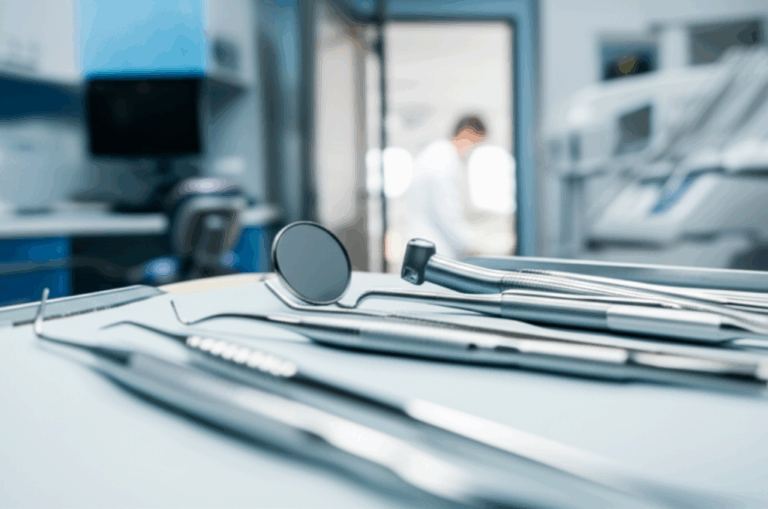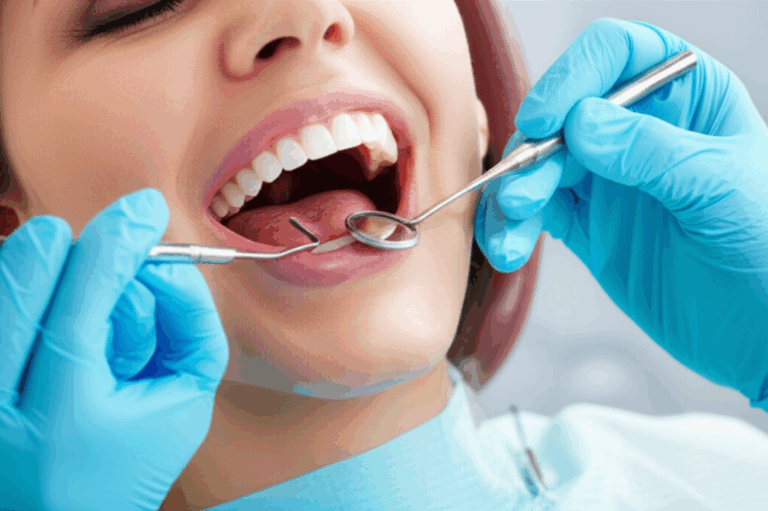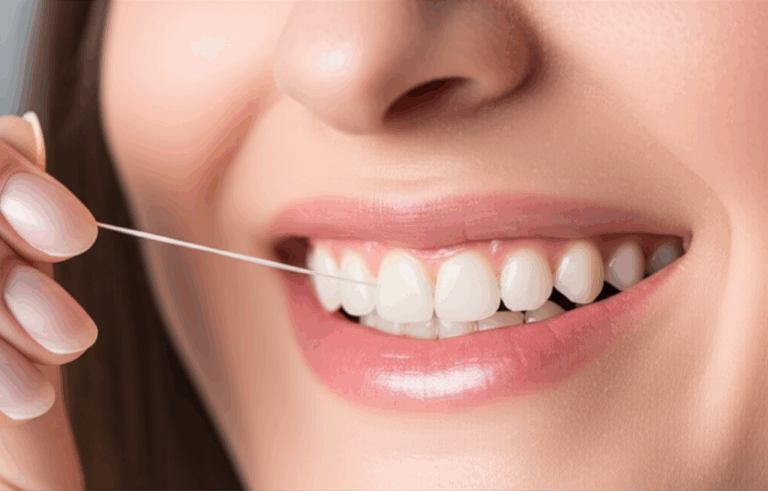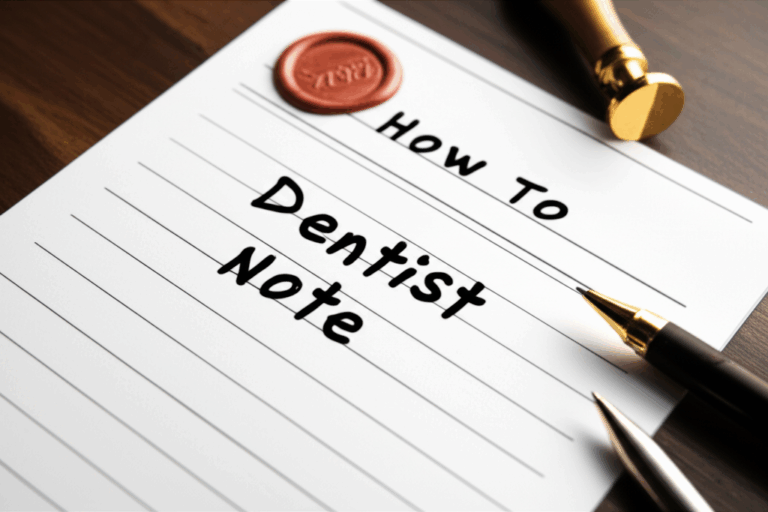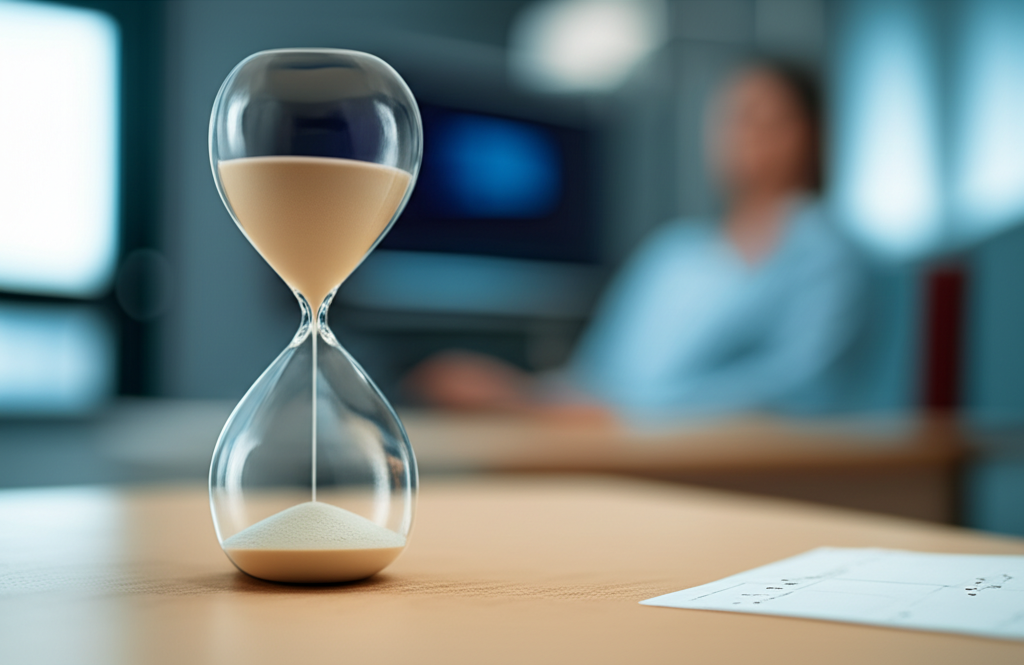
Dental Care After Chemotherapy: When Is It Safe to See Your Dentist?
Summary:
Finishing chemotherapy is a big step in your fight against cancer, but it also makes you wonder about what you should do next—especially for your teeth. If you’re asking, “How long after chemo can I go to the dentist?” you’re not alone. This guide gives you clear, easy-to-understand answers about when it’s okay to get dental care after chemo, what to expect, how to keep your mouth safe, and how our dental laboratory services can help you as you get better. You’ll find out why waiting matters, what you need to be careful about, and why your doctors, including your dentist and oncologist, need to work together for your health.
Table of Contents
1. Introduction: Why Dental Care Matters After Chemotherapy
Imagine you just finished months of cancer treatment. Your body feels tired, your immune system is weak, and even simple things are tough to do. Now, you start to notice problems in your mouth—a sore, bleeding gums, or maybe just a strange taste when you eat.
Dental care after chemotherapy is more important than most people think. Chemo can change your mouth in ways you may not see coming. In my years helping patients, I’ve seen how little mouth problems can turn into big ones after cancer treatment. That’s why going over dental visits after chemo is so important. You want to heal, avoid infections, and keep your smile just as tough as you are.
2. Can I Go to the Dentist Right After Chemo?
Let me be clear: No, you can’t just go back to your dentist’s office the day chemo ends. Here’s why.
When you finish chemo, your body’s fight system is still low. You need time to get better. If you hurry to get your teeth cleaned or a filling, it could lead to an infection or more bleeding. And believe me, that’s the last thing you need.
Instead, you must talk to both your cancer doctor and your dentist. They’ll look at your latest blood results, your health, and your cancer details. Only then can they say, “Yes, it’s safe to start dental work again.”
3. What Happens to My Mouth During Chemotherapy?
Chemotherapy is rough, and your mouth feels it. Here’s what can happen:
- Mouth Sores: These are painful and make eating tough.
- Dry Mouth: Saliva keeps teeth and gums safe. Without it, you might get more cavities.
- Infections: Low white blood cells mean you can’t fight germs well.
- Bleeding: Low platelets make gums bleed easily—even when you brush carefully.
- Jaw Problems: Some cancer drugs can hurt your jaw, causing pain or slow healing.
You can think of your mouth like a little garden—chemo can be like a bad storm that makes the soil weak. It takes time, rest, water, and care to grow strong again.
4. How Long Should I Wait Before Seeing My Dentist?
Most doctors say it’s best to wait 2 to 3 months (8 to 12 weeks) after your last chemo session before setting up basic dental work. This lets your body’s defenses get stronger and your blood to come back to normal.
But everyone is different. Some people bounce back fast; others take more time. And if your blood numbers, like your ANC (white cells) or platelets, are still low, you need to wait longer.
Here’s a simple chart:
| Dental Work | When Is It Safe? |
|---|---|
| Routine Check-Up | Usually 2-3 months after chemo, with doctor’s OK |
| Gentle Cleaning | After counts recover, with doctor’s approval |
| Fillings or Extractions | Only after blood counts are back to safe ranges |
| Dental Emergencies | Anytime, but only with doctor’s watch and help |
Always ask your cancer doctor first.
5. Why Is There a Waiting Period After Chemo?
Let’s keep it simple. The waiting time after chemo is to keep you safe.
Problem
Your cancer treatment makes your body weaker.
- Your immune system is taking a break (it doesn’t come back overnight).
- Without enough white blood cells, even a small dental job can give you an infection.
- Not enough platelets? You could bleed more than normal, even from a little tooth cleaning.
Agitate
Picture this: you go to get your teeth cleaned. Suddenly your gums bleed a lot and won’t stop. Or you get a fever after a simple filling—now you’re heading back to the hospital.
Chemo makes everything seem like a big deal. That’s why that “easy” dental visit can turn into something trouble.
Solution
The answer is waiting and being a team. Your cancer doctor and dentist will watch your blood (ANC and platelets) and only say it’s okay for dental work once it’s really safe.
Waiting a little now protects you from bigger problems later.
6. What Should I Check Before Visiting My Dentist?
Before you tie up your shoes and head to your dentist, check these things:
- Did you talk to your cancer doctor? Always ask for the green light first. Get a note if you can.
- Do you know your blood numbers? Your ANC should be above 2,000, and platelets above 75,000 for most things.
- Does your dentist know about your treatment? Tell them about your chemo, all your drugs, dates, and other details.
- Are you on drugs like bisphosphonates? These can hurt your jawbone.
- Do you have mouth sores, bleeding, or infections now? Fix these first.
If you’re not sure about any of these, stop. Call your cancer doctor and your dental office.
7. Which Dental Procedures Are Safe After Chemo?
Let’s make it simple. Here’s what you can normally do after you get better:
Safe (if your body is healthy and you have clearance):
- Routine dental check-ups
- Dental X-rays
- Light cleanings
- Fluoride treatments
Wait Until You’re Fully Better:
- Pulling teeth
- Root canals
- Deep cleanings
- Crowns, implants, or bridges
- Any surgery or work that can bleed or needs healing
When it comes to bigger dental jobs, the risk—like infection or jaw trouble—can be serious. Your body heals slower after chemo, so waiting is smart.
If you need to fix your teeth after cancer (like crowns or dentures), you’ll want to work with a trusted china dental lab that knows how to help people who survived cancer.
8. Do I Need Special Instructions for My Dentist?
You sure do. Don’t hide things from your dental team. Here’s what to do:
- List of all your cancer treatments, drugs, and dates
- Names and contacts for your cancer doctor
- Most recent blood test numbers
- If you have a port or special line
- If you take steroids, antibiotics, or other important drugs
- About mouth sores or jaw pain
Sometimes, your dentist gives you antibiotics before and after work—this helps keep away infection if your defenses are still a little weak.
Being open helps everyone. Your teeth will say thank you.
9. What Can I Do at Home to Keep My Mouth Healthy?
Waiting isn’t easy, but there’s stuff you can do right now. Try these:
- Brush two times a day with a soft brush
- Use gentle mouthwash that doesn’t burn or just use water
- Drink lots of water to fight dry mouth
- Skip spicy, hard, or sour foods if they give you mouth pain
- Try sugar-free gum or candy to help your mouth make spit
- Ask about fluoride at home or with your dentist
These steps help lower your risk of bad teeth, sores, and infection while your body gets strong again.
For more tips you can use at home, check out our dental practical guide.
10. What if I Have a Dental Emergency After Chemo?
Pain sometimes can’t wait. What do you do if you have:
- Bad toothache
- Swelling in your jaw or face
- Bleeding that won’t stop
- Fever, chills, or signs of infection
Don’t freak out—but don’t ignore it.
First step: Call your cancer doctor right away.
- They might want you to go to the hospital or start antibiotics before you see a dentist.
Next:
- Tell your dental office you are a cancer patient.
- If you need urgent dental work, the team will be extra careful:
- More steps to avoid infection
- Blood checks before doing dental work
- Maybe even blood transfusions if your platelets are low
Emergencies need quick, careful help. Being safe is more important than speed.
11. How Can a Dental Lab Help Me After Chemotherapy?
You might need special dental care after cancer treatment—maybe a new filling, a crown, or even full dentures. That’s where a good dental lab comes in.
How We Help
At iStar Dental Lab, we know cancer survivors have extra needs. We use high-quality, gentle materials and work closely with your dentist to make:
- Custom crowns and bridges
- Natural-looking veneers
- Comfortable, easy dentures
- Strong dental implants
Our dental ceramics lab makes sure every piece is safe for people with sensitive mouths. Our team talks with your doctors so your care is safe and quick.
If dry mouth is making tooth care hard, our night guard dental lab can make guards to stop damage and help you sleep easier.
Cancer may have changed things, but your smile should still get expert help that fits your new needs.
12. FAQ: Your Top Questions Answered
Q: Can I get my teeth cleaned right after finishing chemo?
A: No, you need to wait until your doctor says it’s okay—normally about 2-3 months after chemo.
Q: What if I have a dental emergency during chemo recovery?
A: Call your cancer doctor first. They’ll help you and work with your dentist to keep you safe.
Q: Do I need blood tests before dental work?
A: Yes, you need up-to-date blood numbers (like neutrophils, platelets) for your dentist to make sure it’s safe.
Q: Why do I have dry mouth after cancer treatment?
A: Chemo can hurt your spit glands. Drink water, use sugar-free gum, and ask your dentist about spit helpers.
Q: How do I find a dental team that understands cancer care?
A: Look for dental places that work with modern digital dental labs and know about caring for cancer patients.
13. Bullet Point Summary: What You Need to Remember
- Don’t set up a dental visit until you talk to your cancer doctor and your dentist.
- Wait 2–3 months after chemo for most routine dental care—but everyone is different.
- Tell your dentist about your cancer treatment, drugs, and blood numbers.
- Use gentle mouth care at home to stop problems before they start.
- Call your doctor right away if you have dental pain, swelling, bleeding, or signs of infection.
- Let your dental team use high-quality labs like our crown and bridge lab for the best care after cancer.
- Waiting and teamwork between doctors and dentists will keep you safe and smiling.
- Cancer changes your body, but with simple dental care, your smile can be bright again.
If you want more tips, check out our patient dental guide.
Reviewed by Dr. Joe Dental, D.D.S., Oncology Dental Specialist
Remember, your recovery doesn’t stop when chemo does. Keep your mouth healthy, give yourself time to heal, and talk to caring dental experts who understand what you’ve been through.

